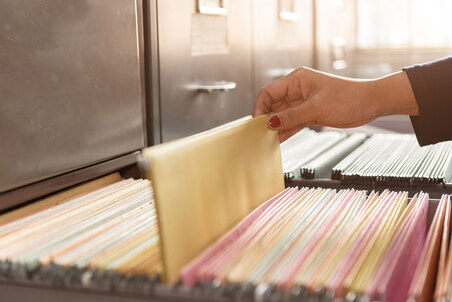 Maintaining good records is important to help meet your tax and legal obligations. The right record-keeping system not only helps satisfy these obligations, but it may save you money and time. Here’s what to consider for your record-keeping system. What Records Do You Need to Keep? The first step is identifying the records you need to maintain. The obvious examples include leases, contracts, payroll and personnel records and a range of accounting and finance information, such as invoices, receipts, checks, payables and inventory. Please consult a professional with tax expertise regarding your individual situation.¹ How Do You Want to Keep Them? Record maintenance can take three basic forms:
What Software Should You Use? The right software can make life more productive; the wrong software may cost you time and money. When shopping for software, consider:
Disclaimers: The information in this material is not intended as tax or legal advice. It may not be used for the purpose of avoiding any federal tax penalties. The content is developed from sources believed to be providing accurate information. The information in this material is not intended as tax or legal advice. Please consult legal or tax professionals for specific information regarding your individual situation. This material was developed and produced by FMG Suite to provide information on a topic that may be of interest. FMG, LLC, is not affiliated with the named broker-dealer, state- or SEC-registered investment advisory firm. The opinions expressed and material provided are for general information, and should not be considered a solicitation for the purchase or sale of any security. Copyright 2019
|

